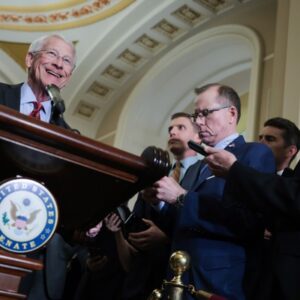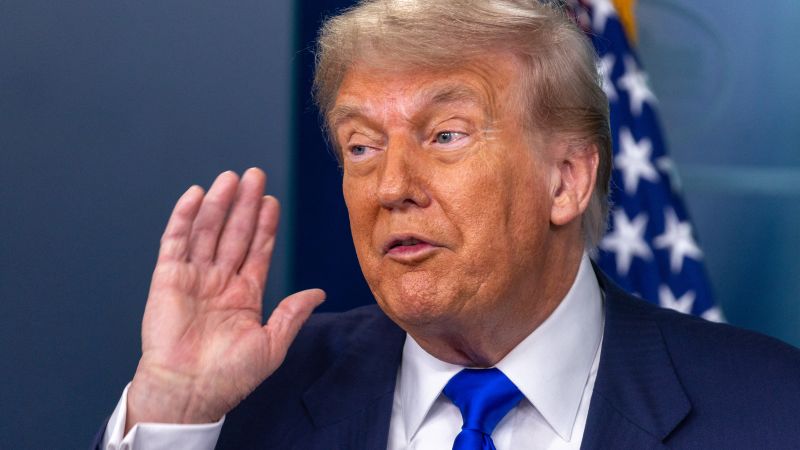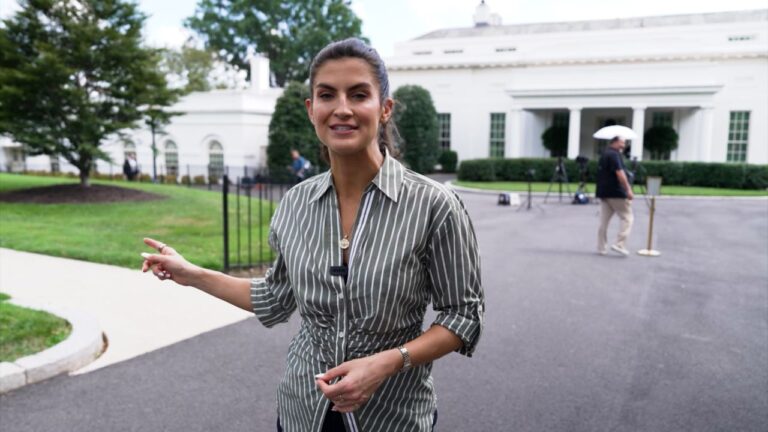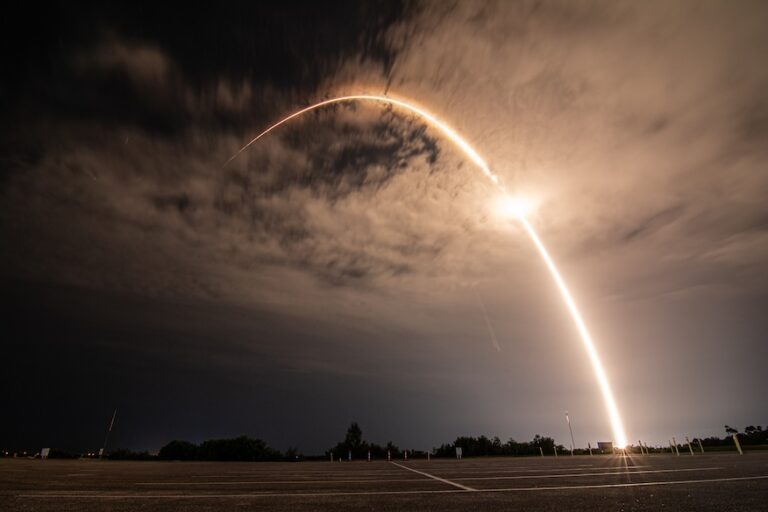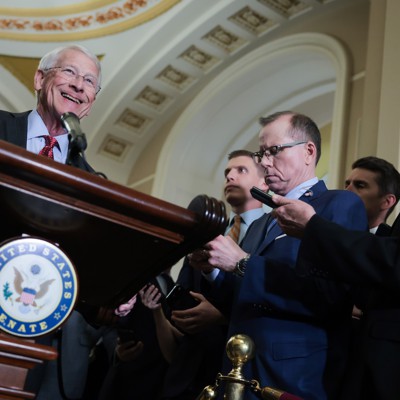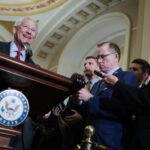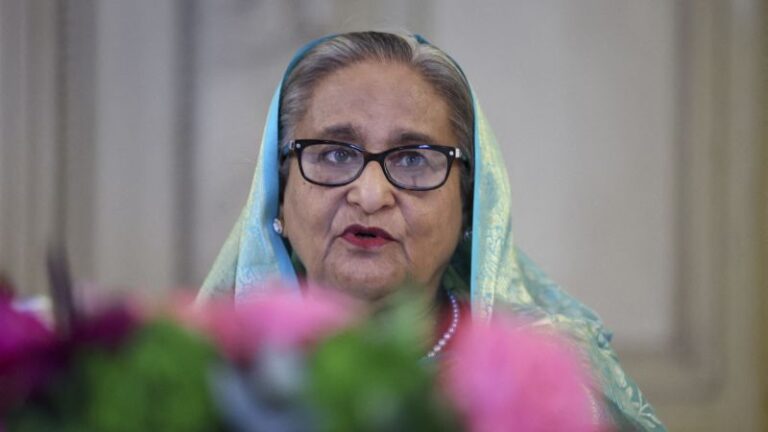US President Donald Trump has cast doubt on the possibility of reaching a trade agreement with Japan, following his recent threat to impose higher tariffs on Japanese exports to the United States. Speaking to reporters aboard Air Force One on Tuesday, Trump accused Japan of unfair trade practices, claiming, “They and others are so spoiled from having ripped us off for 30, 40 years that it’s really hard for them to make a deal.”
This development comes as the July 9 deadline approaches for the end of the 90-day pause on Trump’s “reciprocal tariffs.” Japan, along with other US trade partners, is seeking to negotiate deals that might placate the American president. Japanese exports were previously subjected to a 24% levy when Trump initiated his global tariff campaign on April 2, before pausing them for three months.
Japan’s Diplomatic Efforts Amid Rising Tensions
Trump’s remarks coincided with the visit of Japanese Foreign Minister Takeshi Iwaya to Washington for a Quad meeting, which included representatives from Australia and India. This visit followed the seventh trip to Washington by Japan’s tariff negotiator, Ryosei Akazawa, for trade discussions last week.
Japan remains a crucial trade partner and security ally of the United States in East Asia, though the relationship has been strained by Trump’s aggressive tariff policies. On Tuesday, Trump stated that he does not intend to extend the tariff pause beyond July 9, saying, “I’m not thinking about a pause.” He further indicated that some countries might be barred from trading, while others will face a yet-to-be-determined tariff rate.
Controversial Claims and Economic Realities
On Monday, Trump accused Japan of not purchasing American rice, a claim that contradicts data from the US Census Bureau, which shows Japan bought $298 million worth of rice from the US last year and $114 million between January and April this year. Despite this, Trump reiterated his claim on Tuesday, stating, “They need rice so badly, but they won’t take rice.”
Additionally, Trump alleged that Japan does not buy US cars, asserting, “We didn’t give them one car in 10 years.” However, statistics from the Japan Automobile Importers Association indicate that Japan imported 16,707 units of American automobiles last year.
Japan bought $298 million worth of rice from the US in 2022, and 16,707 American cars were imported last year.
Ongoing Negotiations and Future Prospects
Trump suggested that Japan might face a new tariff rate, which has not yet been finalized. “What I’m going to do is, I’ll write them a letter to say, ‘We thank you very much, and we know you can’t do the kind of things that we need, and therefore you pay a 30%, 35% or whatever the number is that we determine,’” he said.
It remains unclear if Japanese officials have indicated any intention to halt rice purchases from the US. On Wednesday, Japan’s Deputy Chief Cabinet Secretary Kazuhiko Aoki confirmed that trade talks are ongoing, stating, “Japan will continue to engage vigorously in sincere and honest discussions toward the realization of an agreement that will benefit both Japan and the United States.”
The trade negotiations have reached an impasse, primarily due to Trump’s tariffs on cars, a significant sector of the Japanese economy. Japan has been advocating for the US to reduce the 25% tariff on cars, but Trump has been steadfast in his position.
Historical Context and Expert Opinions
Historically, the US-Japan trade relationship has been marked by periods of tension and cooperation. Experts suggest that Trump’s approach may be part of a broader strategy to renegotiate trade agreements in favor of the US. However, the aggressive rhetoric and tariff threats could potentially harm long-standing alliances.
In mid-June, Japanese Prime Minister Shigeru Ishiba met with Trump during the G7 summit, where they agreed to continue trade negotiations. Despite this, the meeting did not produce a significant breakthrough.
“Japan will continue to engage vigorously in sincere and honest discussions toward the realization of an agreement that will benefit both Japan and the United States.” — Kazuhiko Aoki, Japan’s Deputy Chief Cabinet Secretary
As the July 9 deadline looms, the international community watches closely to see how these negotiations will unfold and what impact they might have on global trade dynamics.



